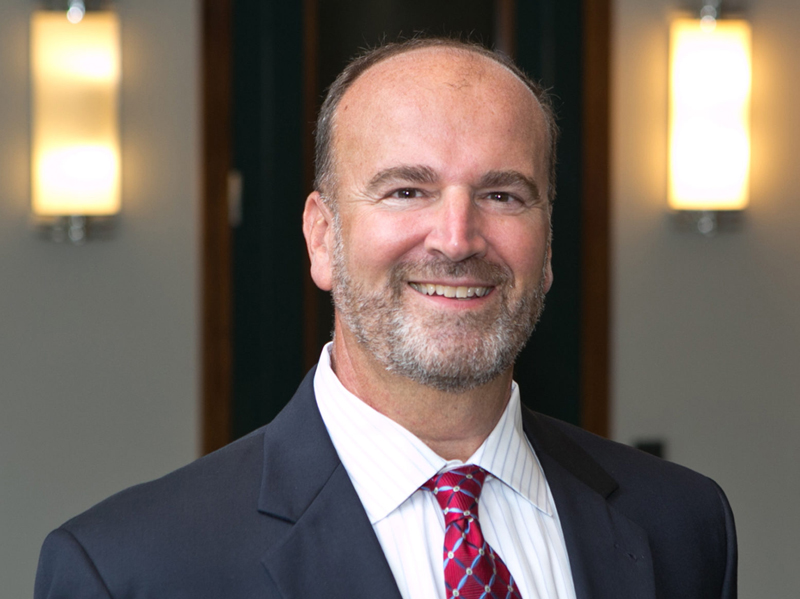This month on Wealthy Behavior Chuck Bean, Founder and CEO of Heritage Financial, is sharing his insight from more than three decades as an investor, financial planner, and entrepreneur. Listen as he talks to Sammy about investing in today’s markets, the top financial planning mistakes he sees wealthy people make (and how to avoid them), the most important thing business owners can do to add value to their business, and how to be successful in life.
We’d love to hear from you! Email us at wealthybehavior@heritagefinancial.net.
About Wealthy Behavior: Heritage Financial Services
Wealthy Behavior digs into the topics, strategies, and behaviors that are key to building and protecting personal wealth and living a rich life. We’re Boston Massachusetts-based wealth managers who have been helping busy, successful people pursue their financial goals for more than 25 years. Hosted by Sammy Azzouz, President & CEO of Heritage Financial, Wealthy Behavior digs into the topics, strategies, and behaviors that are key to building and protecting personal wealth and living a rich life.






